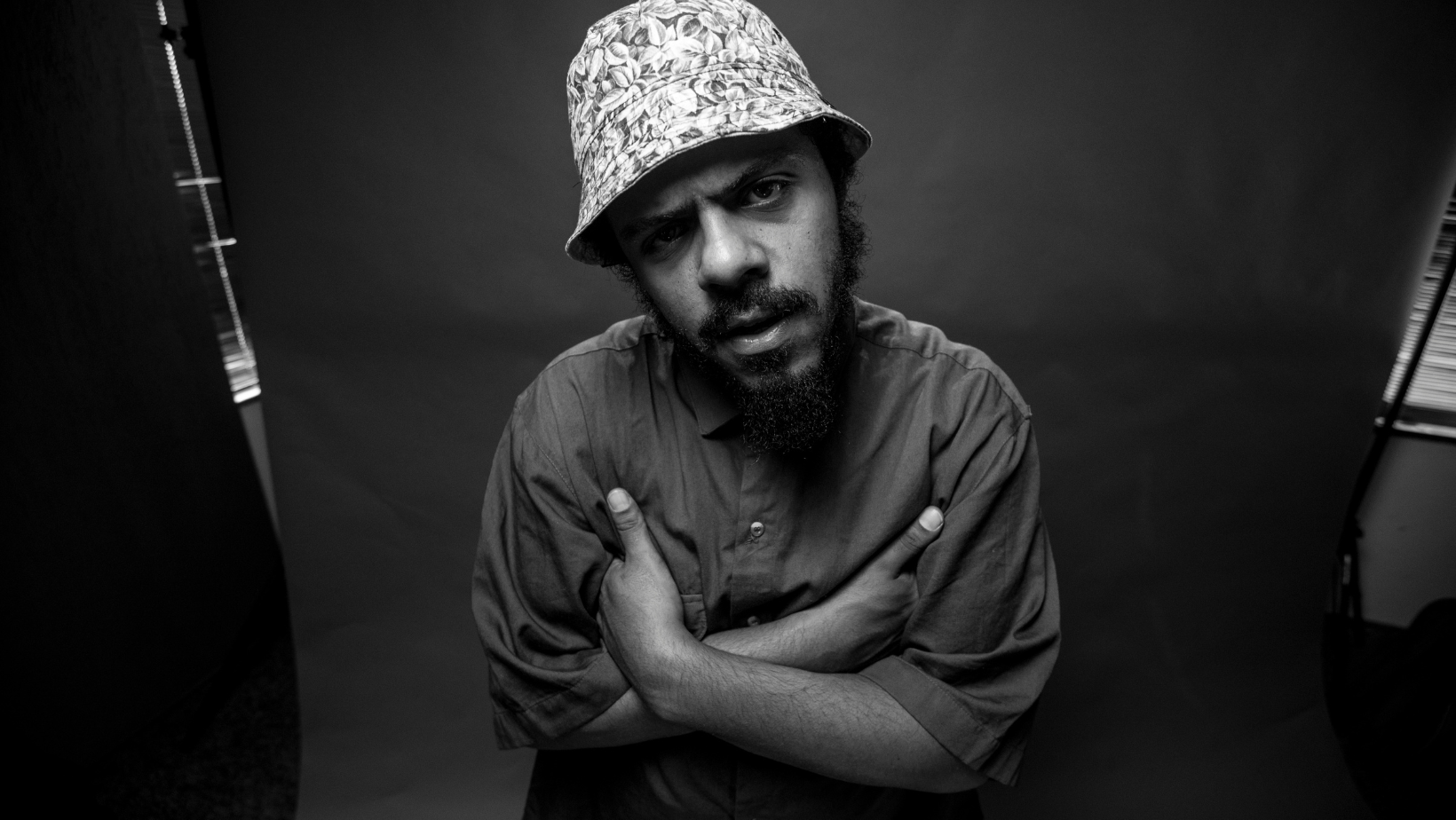In the 50s and 60s, Jamaican people migrated to the United Kingdom in search of a better life, bringing with them their rich culture and famous parties with large speakers, known as the “Sound System”. This movement marked the city of London and helped spread the Jamaican sound throughout Europe, influencing different musical genres around the world.
Straight from Germany, Moritz Von Korff is an important name in this music scene. Bassist for renowned French reggae band Dub Inc. and founder of the Oneness Records label, he has been a catalyst for bringing artists from different continents together. Proof of this is the collection “Unidad Riddim”, which brings together various influences from Latin music.
Korff brought together artists from countries such as Brazil, Argentina, Chile, Colombia, Mexico, France, Spain and Germany to collaborate on this project. The production of the instrumental, inspired by the accordion characteristic of some South and Central American countries, was done by him in partnership with French keyboardist Frédéric Peyron. The invitation to participate was carefully sent to artists he already followed or researched.
Among the participants are the Brazilians Miss. Paola and Jhayam, who collaborated on the track “Antes Que Seja Tarde”. The mixing and mastering of the collection was carried out by Umberto Echo, ensuring the quality and cohesion of the final work.
How did the idea for the collection “Unidad Riddim” come about and what do you hope to achieve with this project?
Well, I wanted to do something international in Latin America – I don’t know if anyone has ever done something like that in the form of a Riddim compilation. I thought it would be interesting to achieve something unifying with a representative from each country. And a Riddim that would ideally be played in all countries, as people from South and Central America are very passionate about music.
Also, I noticed that in the reggae scene there aren’t many producers and small independent record labels – there are more bands. So it could be something a little different and the instrumental also seemed very suitable for this project.
What was the biggest challenge of producing and collaborating with artists from different countries and cultures?
Without a doubt, the distance. I realized how difficult it is to contact artists just via email and WhatsApp. It would have been a lot easier if I had been there in person, although I already had some contacts from some touring over the last few years for Dub Inc, where I’m the bassist.
What was the experience of recording remotely during the pandemic like? Were there any significant changes to the creative process because of this?
To be honest, it hasn’t changed the way I work much. I’m very used to organizing recordings remotely. In general, I even noticed that singers are in the studio more to record, as they haven’t been able to tour as much because of the COVID-19 epidemic.
What has been the public’s reaction so far to the release of the compilation and, specifically, to the track “Antes Que Sei Tarde”?
So far the feedback has been very good, although I expected to receive more, but I think that here too distance plays an important role. I’m less connected in Brazil and South America and it takes a while for me to receive the numbers. As long as there are people who appreciate the music, I’ll do it. I would have liked to have received more feedback on “Antes Que Sei Tarde”, as it is a very good song, but perhaps that is also a matter of distance. The funny thing is that Jhayam made this song in 10 days: He had another song with this instrumental before, but as time went by the theme was no longer updated and he simply made Antes Que Sei Tarde spontaneously. I absolutely loved it: big hug Jhayam on this place.
How important is international collaborations in today’s music and how do they influence your career?
They are very important. 95% of all my work with Oneness is on an in-house basis – it’s been that way with Oneness from the beginning. 75% of all my recorded artists are Jamaican. This is often how people/sound systems and DJs play our productions all over the world and don’t even know it’s a small production team from Germany. But even our musicians are very international. In the case of Unidad Riddim, they are from Germany, France and Jamaica. Therefore, I could say that my career and that of Oneness-Records are absolutely based on international collaborations.
Follow Moritz von Korff on Instagram
Born in Brazil, Luca Moreira holds a degree in journalism and a postgraduate degree in communication and marketing for digital media. He has distinguished himself through his impressive career as an interviewer. By November 2025, he had conducted over 2,000 interviews with personalities from 28 different nationalities. He is currently the CEO of the MCOM Global group and editor-in-chief of PopSize.





